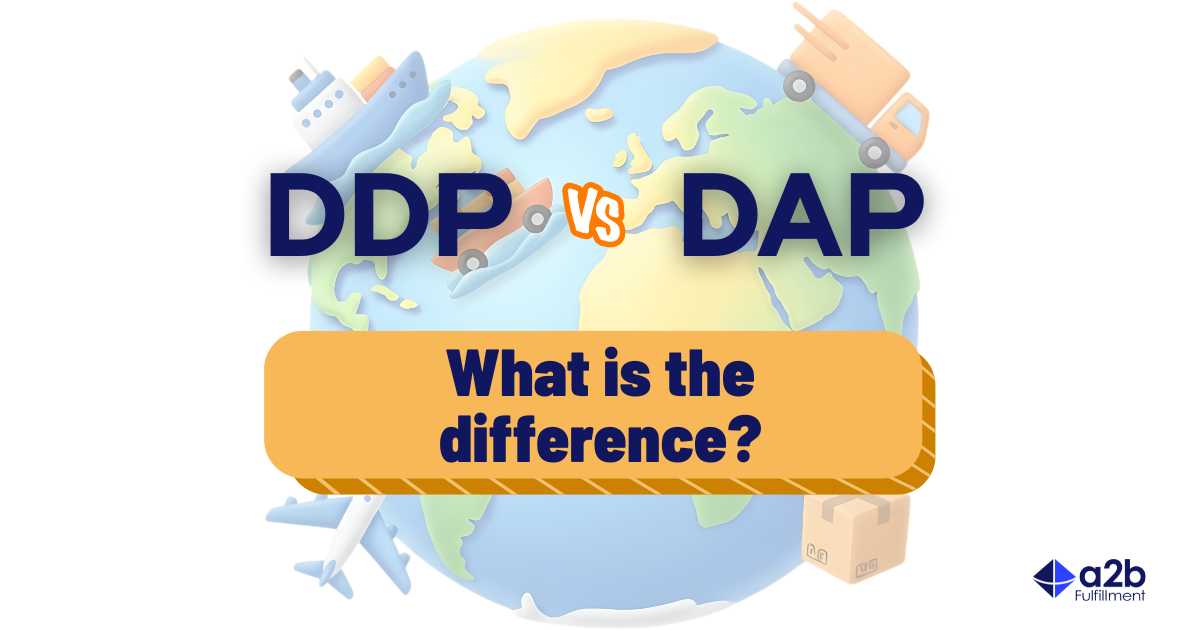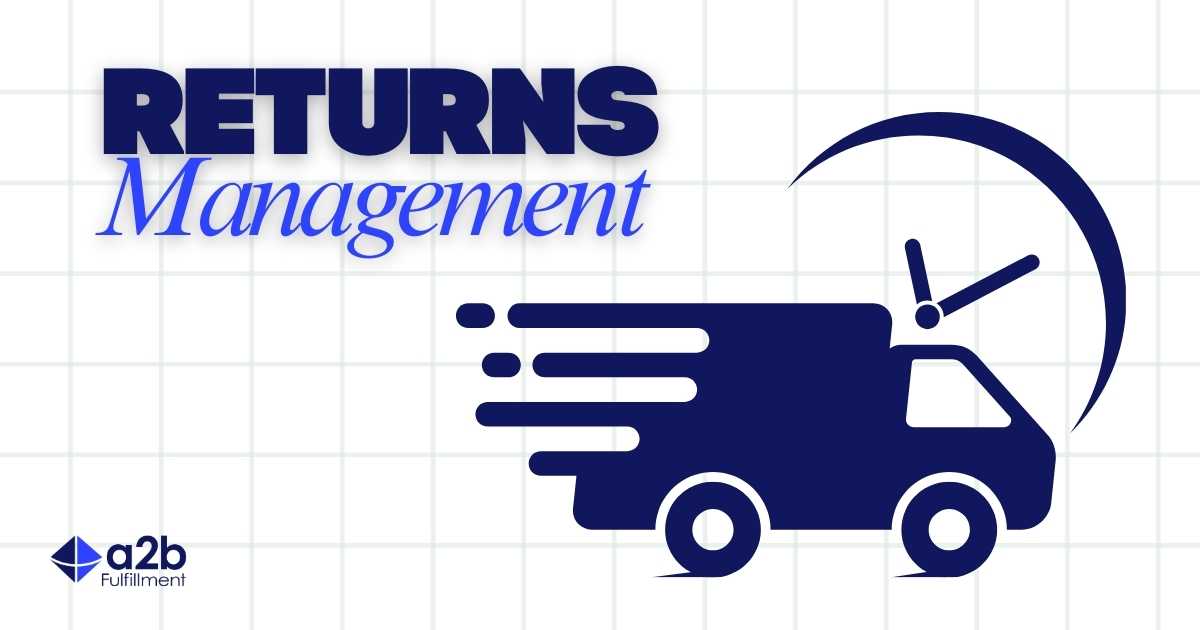Logistics Management Review
By Jeff Berman, Group News Editor
June 21, 2010
With various reports suggesting a vote on the Federal Aviation Administration reauthorization is imminent, a labor component of the bill is still at the center of a high degree of acrimony between parcel shipping industry bellwethers FedEx and UPS.
In March, the House version of the bill was granted an extension by Congress, which expires on July 3.
Within this legislation is a companion piece approved by the House last year, which has been at the center of a labor-related dispute between parcel shipping industry bellwethers FedEx and UPS.
The main issue between the outfits is based on a measure in the House version which calls for “express carrier employee protection” and has the potential to change the labor status for FedEx Express from Railway Labor Act (RLA) to the National Labor Relations Act, which applies to UPS employees. And as LM has previously reported, if this bill is signed into law, many parcel shipping experts contend that it will make it less challenging for the Teamsters Union to organize FedEx Express workers.
In the House version, an amendment-which was included by Representative James L. Oberstar (D-Minn.)-would amend the RLA to clarify that employees of an “express carrier” shall only be covered by the RLA if they are employed in a position that is eligible for certification under FAA’s rules such as mechanics or pilots, and they are actually performing that type of work for the express carrier. It added that all other express carriers would be governed by the NLRA.
House Transportation and Infrastructure Committee spokesman Jim Berard told LM that this amendment is a matter of fairness, explaining that .a truck driver from UPS is treated one way under the law and a driver from UPS is treated another way under the law.
“Mr. Oberstar feels that people doing the same work should be treated equally under national labor laws and so therefore he wants to remove the special exemption that FedEx has for its drivers and put them under the same laws as UPS or anybody else engaged in this kind of business,” said Berard.
In literature for its campaign-dubbed BrownBailout.com-FedEx says that this amendment amounts to a “bailout to UPS,” adding that it would force FedEx Express to operate under a law not designed for airlines and express companies. FedEx has previously defended this position by explaining that UPS and FedEx are “fundamentally different companies,” with UPS managing 85 percent of its parcel shipping on the ground, and FedEx primarily functioning as an airline, flying 85 percent of its packages in the air.
FedEx spokesman Maury Lane told LM in an interview that at the present time this bill could very well be in what he described as legislative quicksand.
“When the House inserted this pro-UPS bailout provision, this bill lost its wings,” said Lane. “We have worked closely with the FAA and the Department of Transportation on this bill and we think it ought to pass. We were always opposed to this provision being included, when it was stuck in—in the dark of night without any hearings or public discussions or any opportunity to talk about it other than the consequences.”
Lane added that it is unclear why Oberstar continues to push so hard for this amendment, saying it creates an unlevel playing field for FedEx and its ability to compete in the marketplace fairly.
Not surprisingly, FedEx has a different take on the amendment.
UPS spokesman Malcolm Berkley recently told LM that the only “bailout” occurring is not one for UPS but one which FedEx has been enjoying for the last several decades, as its drivers are the only ones covered in the country by the RLA.
“The term bailout is not accurate,” said Berkley. “The issue at hand is the treatment of drivers under the law-the application of law as it applies to drivers. And right now there is only one company with its drivers covered under the law differently than all other drivers in the U.S. and that is FedEx. If you want to talk about special treatment and about being bailed out, that is where that is.”






